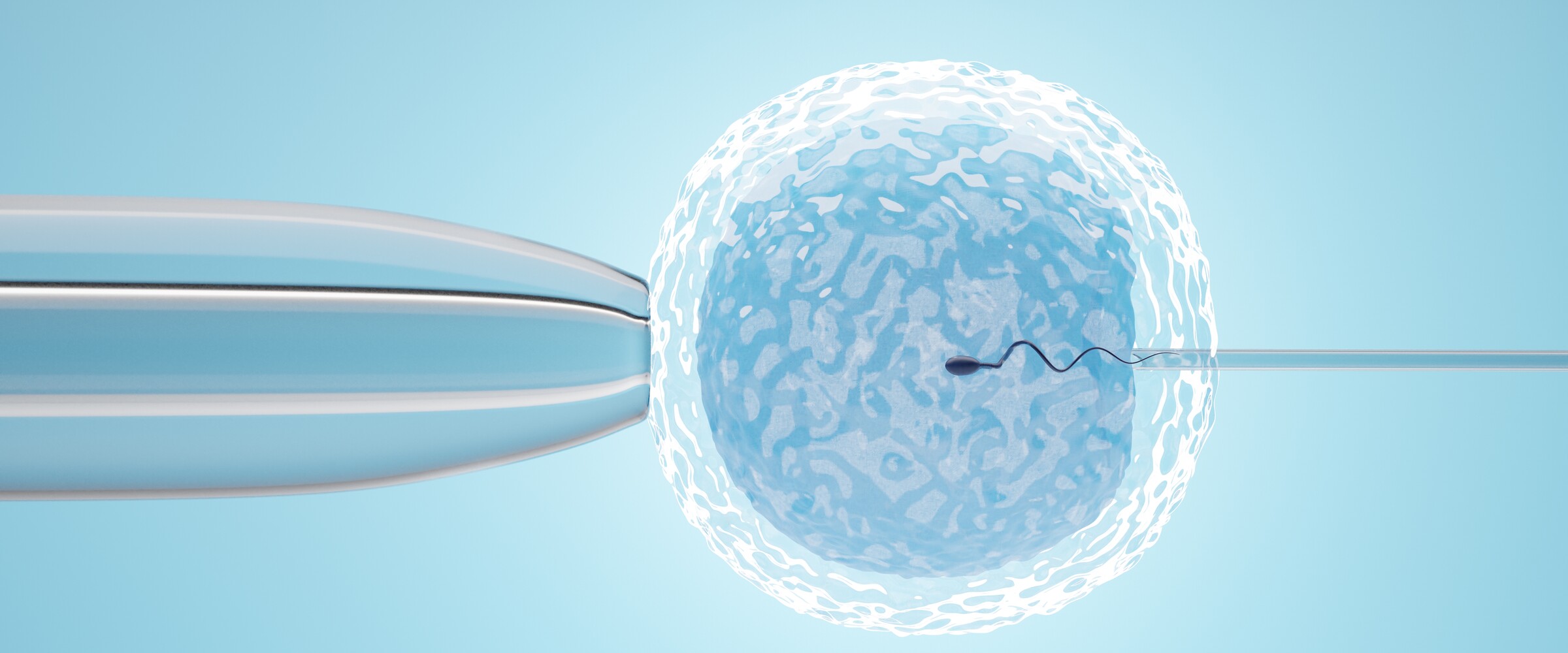
Who is ICSI Suitable For?
The journey to parenthood can be complex, especially for couples facing fertility challenges. Intracytoplasmic Sperm Injection (ICSI) is technique that offers hope to those dealing with male infertility factors and other unique situations. In this blog, we delve into the world of ICSI, its significance, and who stands to benefit from this procedure.
Intracytoplasmic Sperm Injection (ICSI) is a powerful procedure that has revolutionized the field of assisted reproduction. It's a specialised form of in vitro fertilization (IVF) where a single sperm is directly injected into the center of an egg using a delicate technique. This precise process is conducted under a high-powered microscope by highly skilled embryologists.
Who is ICSI Suitable For?
ICSI is primarily recommended for couples dealing with male infertility issues that can hinder the natural fertilisation process. These issues might include:
Low Sperm Count: When the sperm count is too low to facilitate natural fertilisation, ICSI can effectively overcome this challenge by directly introducing a single sperm into an egg.
Poor Sperm Motility: If the sperm lack the ability to swim effectively, ICSI ensures that even a less mobile sperm can fertilise an egg.
Previous Fertilization Failures: In cases where previous attempts at fertilisation through conventional IVF have failed, ICSI may be recommended.
Obstructive Azoospermia: In some cases, the male reproductive tract might have blockages that prevent the release of sperm. ICSI allows for the extraction of viable sperm directly from the testes or epididymis for fertilisation.
The ICSI Process: A Closer Look
Sperm Selection: The embryologist selects a healthy-looking sperm, taking into consideration factors such as shape, size, and mobility.
Egg Retrieval: Eggs are retrieved from the female partner through a process similar to conventional IVF.
Microinjection: Using a microneedle, a single sperm is injected directly into the cytoplasm of an egg, promoting fertilisation.
Embryo Culture: Fertilised eggs, are cultured in a controlled environment for a few days.
Embryo Transfer: A healthy embryo is selected and transferred into the uterus.
ICSI has provided a renewed sense of hope to couples who might have faced obstacles in their journey to parenthood. For couples considering ICSI, it's essential to consult with one of our fertility specialists who can conduct thorough assessments and determine whether ICSI is the most suitable option. A personalised approach ensures that each patient's unique needs are met, and the most effective treatment plan is tailored to their circumstances.
Book a consultation below today to discuss your options.

